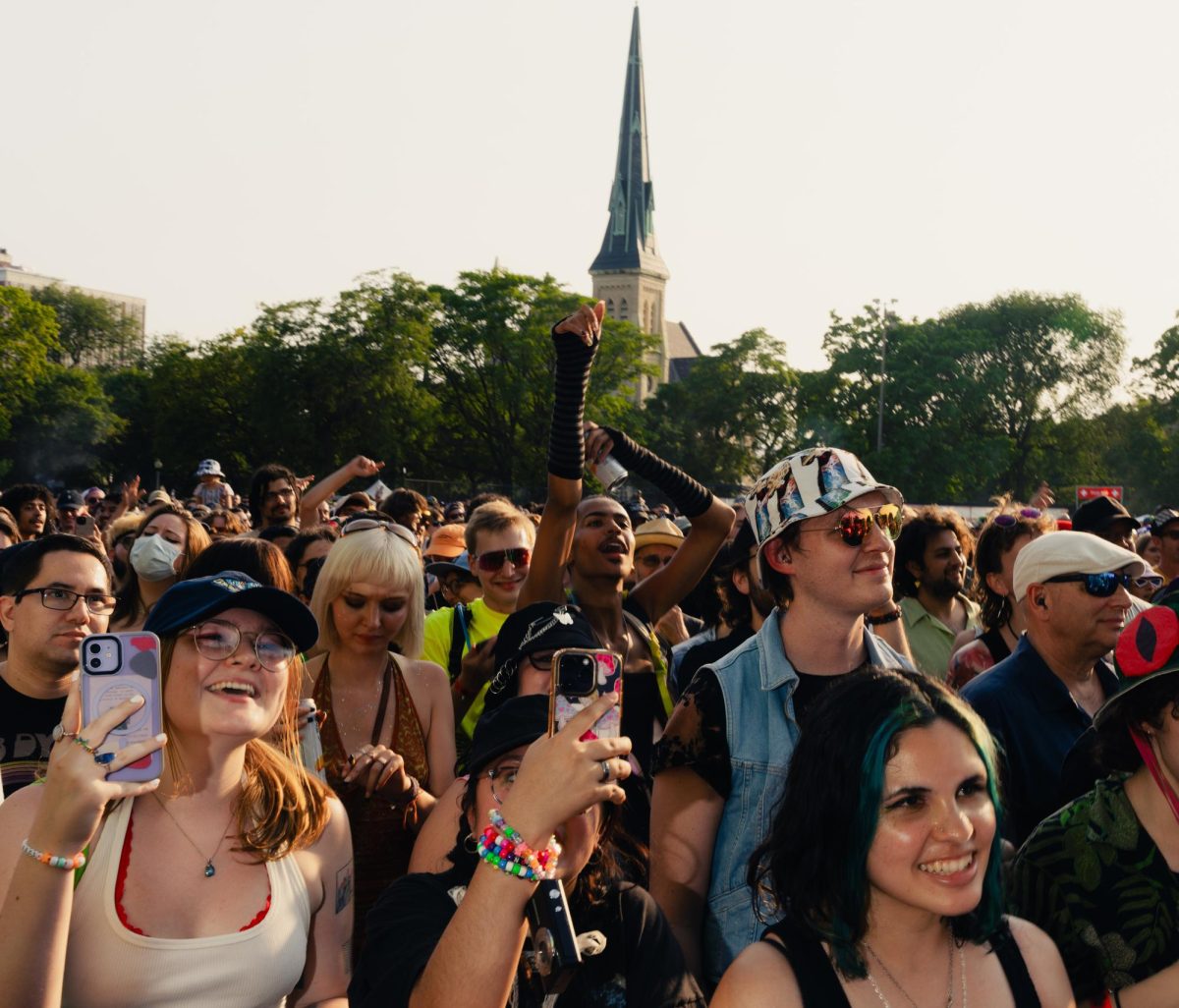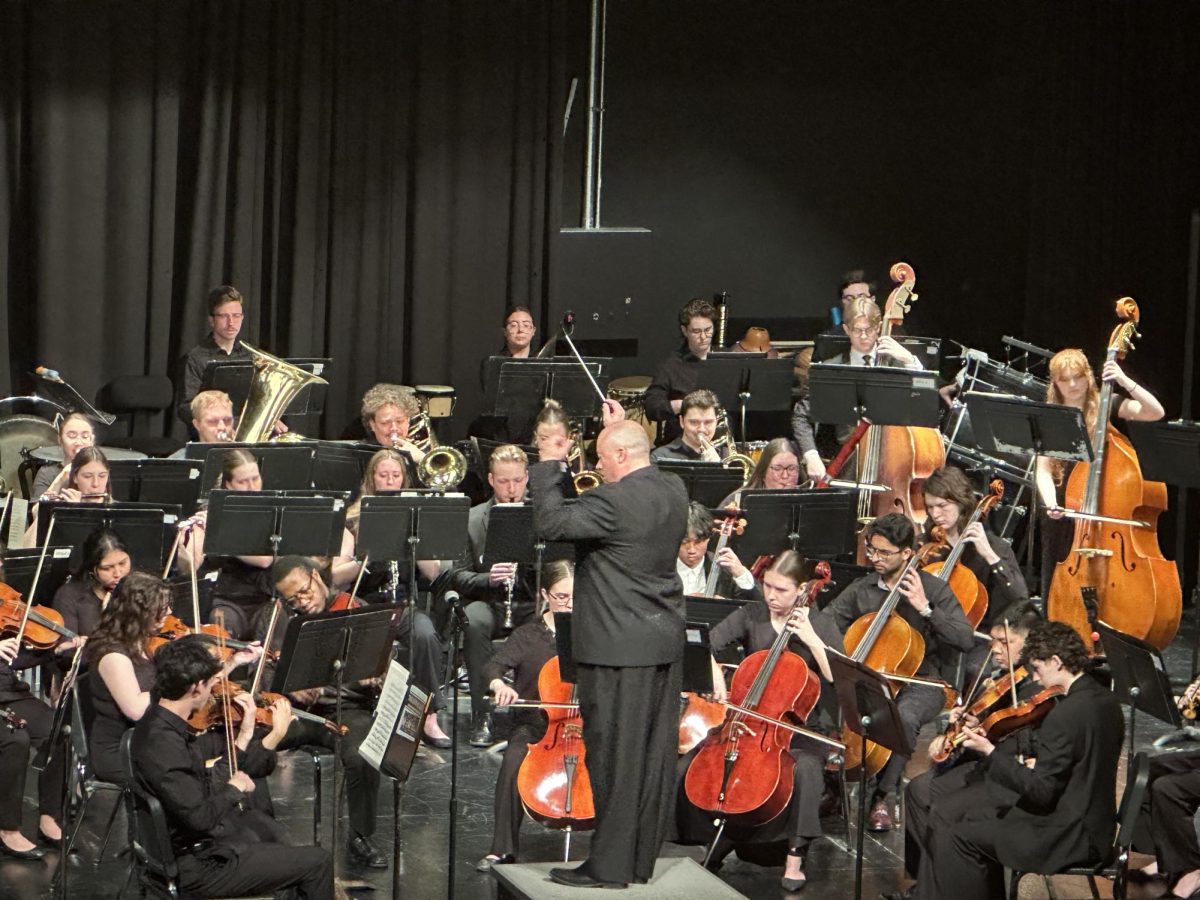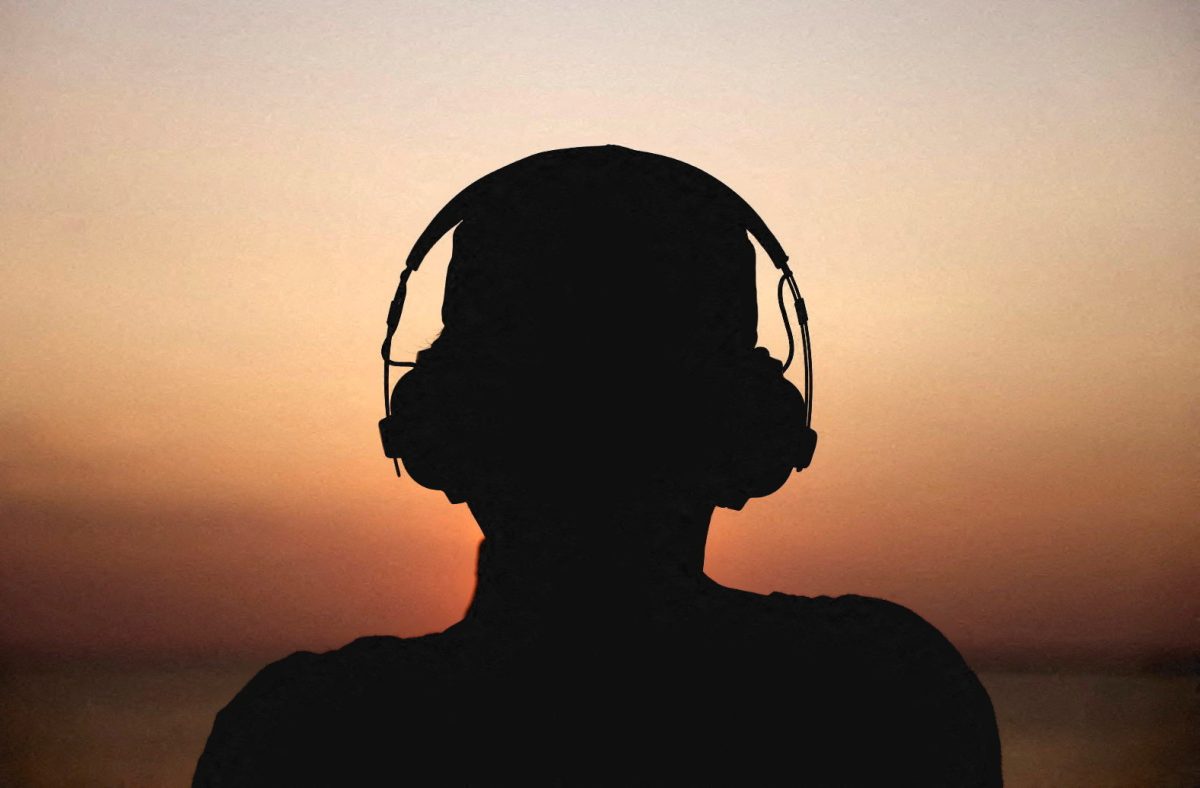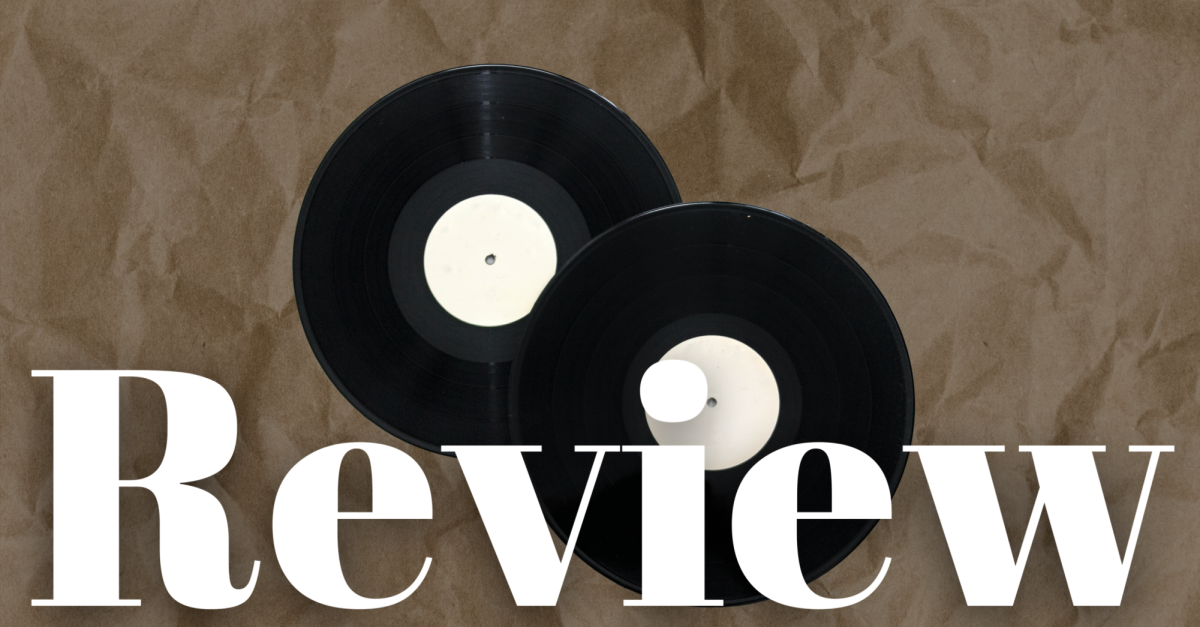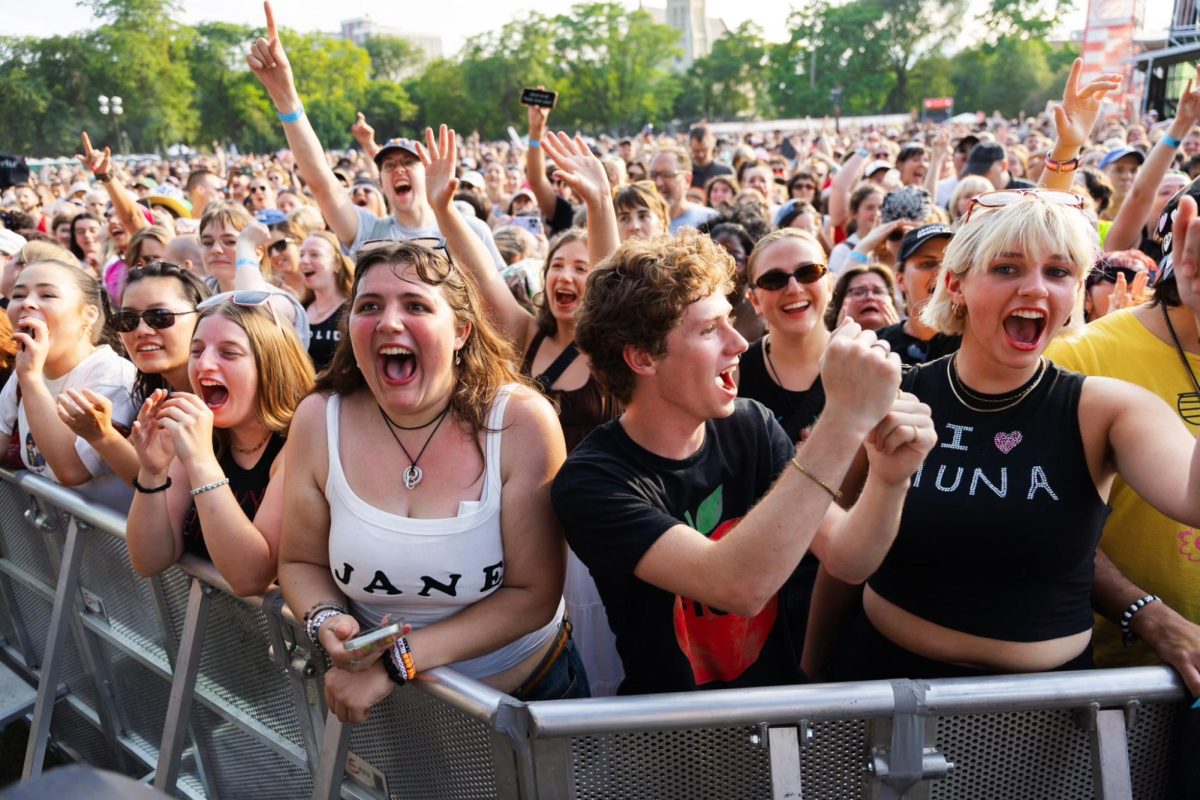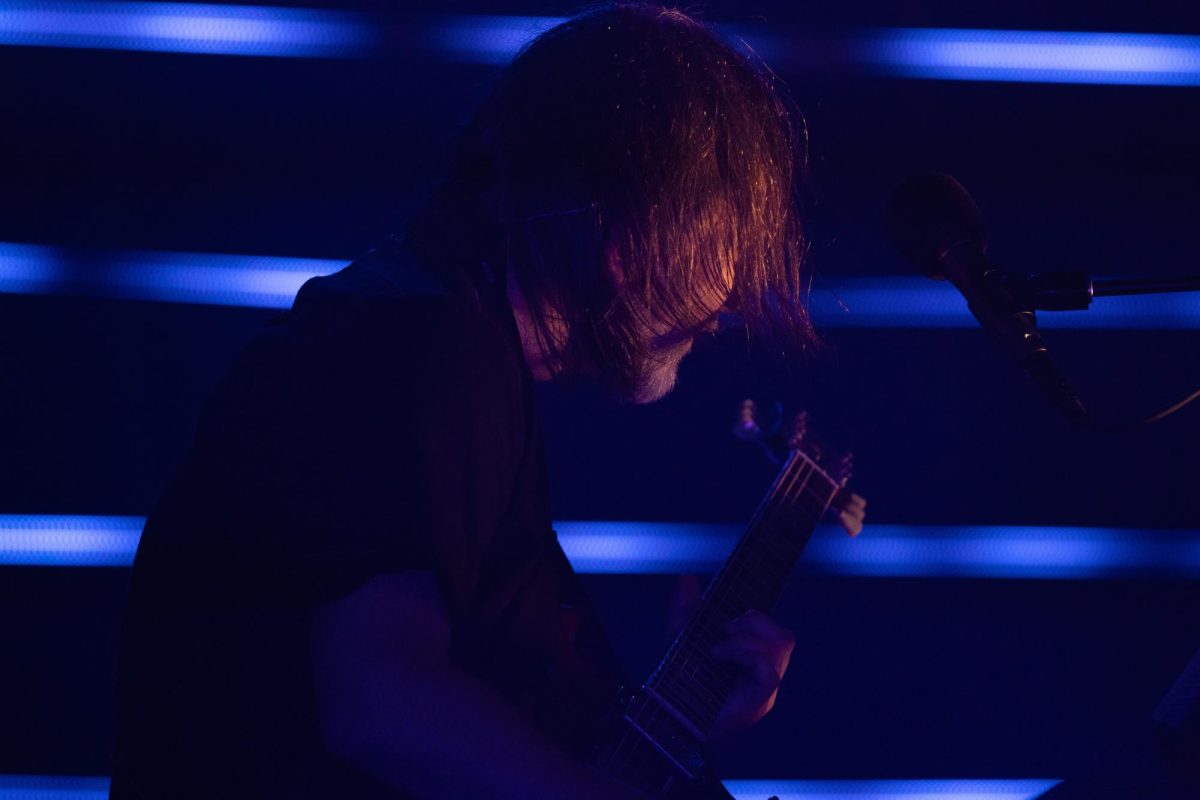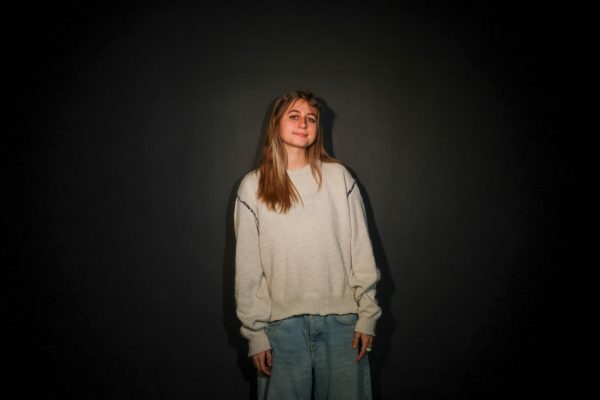Through an Instagram post, Pitchfork announced that after 19 years they will no longer be holding their annual music festival in Union Park, Chicago.
Pitchfork began as a small, independent website that focused on reviewing primarily indie and alternative music, famous for their 10-point rating scale. Founded in 1996, the internet gave Pitchfork writers the opportunity to compete with other music magazines like Rolling Stone.
In 2006, the publication spiked in popularity because they were not afraid to publish brutally critical reviews. Their focus was pleasing their readers with honest recommendations while remaining an independent publication.
Originally, their reviews were written differently than other music publications and their lighthearted, sometimes “in your face” and just plain honest writing was what made these articles fun to read.
Their style separated itself from traditional print journalism in a unique way, which is one of the reasons people loved it. They coined their own style of long-form print writing that is no longer the same since their change in ownership.
In 2015, Pitchfork was bought out by Conde Nast, a global media company. Then came 2024, when in a tweet/X post, it was announced the publication would move under GQ’s ownership, which is also owned by Conde Nast.
When GQ bought Pitchfork, they laid off most of their writers and staff and their editor-in-chief and Pitchfork’s founder, Ryan Schreiber, left the publication in 2019.
Since 2015, Pitchfork changed its entire outlook on music journalism. It became more mainstream, less expressive and less honest. Some looked at this as a way to gain more readership, by expanding towards different genres, but this shift ultimately caused it to lose the reasons it became popular and influential in the first place. Pitchfork rose with the internet and fell with the internet.
With other publications already reviewing more considerably mainstream music, including but not limited to the pop genre, Pitchfork’s long-form content became overshadowed by other publications covering the same thing, losing what made it stand out in the first place.
While it could have been seen as growth to begin reviewing different genres and artists, this could have been accomplished without abandoning their unique writing style and their focus on independent music.
For the past few years, their festival was something I looked forward to. Pitchfork’s 3 day festival was unique because it shined a spotlight on indie up and coming artists, past performers include Sonic Youth (2007), Built to Spill (2009), Grimes (2012), Big Thief (2024) and more.
Now, the Chicago area is left with only a couple major festivals, Lollapalooza and Riot Fest. There was also controversy facing Riot Fest’s near change in longtime location, Douglass Park, which was almost moved to Bridgeview, Illinois.
With Pitchfork’s painful decline as a publication came another major loss to the Midwest festival scene and longtime fans of this festival and publication.
This story was written by Sofía Cortés. She can be reached at sofia.cortes@marquette.edu.


